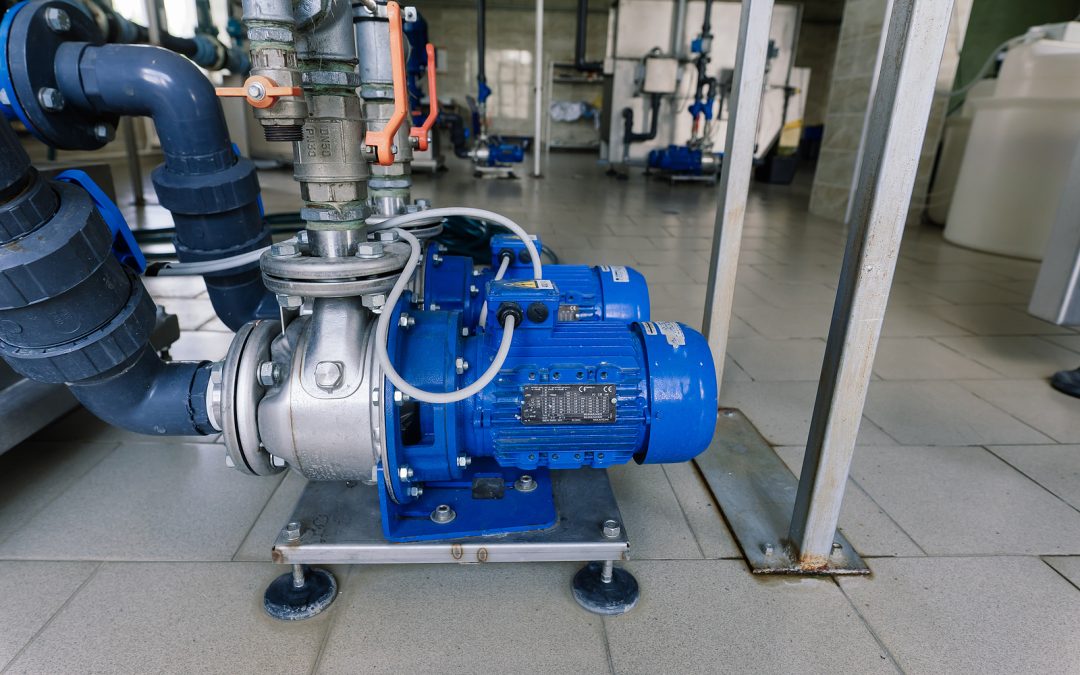When people talk about the systems used to heat homes, most of the time they are talking about either electric boilers or those fuelled by natural gas, with more advanced technologies such as hydrogen heating and heat pumps being explored as potential options as well.
One option that is not discussed as much but can potentially be a lifeline in areas where natural gas is not readily available is oil boilers, which have become the focal point of a debate concerning the future of heat in recent months.
With that in mind, here is a brief explanation of oil boilers and their place in heating’s future.
What Is An Oil Boiler?
Oil boilers are very similar to gas boilers and function in a very similar way. The only real difference is that instead of being connected to a natural gas main, oil is used instead, typically by being regularly filled from a storage tank.
Sometimes it is the only option when natural gas is not available, which can sometimes be the case when living in a rural area, but there are some benefits that make it an option to consider as well.
It works by burning oil to produce steam in the same way a gas boiler does, but that oil can come from a very wide range of sources, leading to the potential of using less expensive, less polluting biofuels as opposed to relying on conventional heating oil.
With that said, a lot of suppliers tend to only offer them if the gas grid is not available, which means that roughly 1.7m homes in the UK use them.
The debate is about what happens next to those homes if a proposed phase-out comes into effect.
Will Oil Boilers Be Phased Out?
Much of the debate about the future of heat has centred around gas boilers because the majority of British homes have one and will likely use one for the foreseeable future, but the phase-out of oil boilers is set to take place as early as 2026 if previously proposed timescales remain.
This remains an unanswered question, however. The initial proposal and consultation on said proposal was not launched under the watch of current Prime Minister Rishi Sunak and as yet no decision has been made on whether the date will be kept.
The problem is less about phasing out oil boilers but the lack of a like-for-like replacement; unlike the proposal to replace natural gas with hydrogen if the planned 2035 date is stuck to, oil boilers will need to be replaced with something completely different.
It is most likely that in this situation heat pumps would be the likely replacement, as they provide significant efficiency benefits that offset their initial cost over time. Many Boiler Upgrade Scheme claims come from former oil boiler users, as they only require electricity to work.
However, there are suggestions that there could be amendments to the ban to allow oil boilers to be powered by biofuels that have less of an environmental effect, although there has not been any clarity as to what this means in practice.

